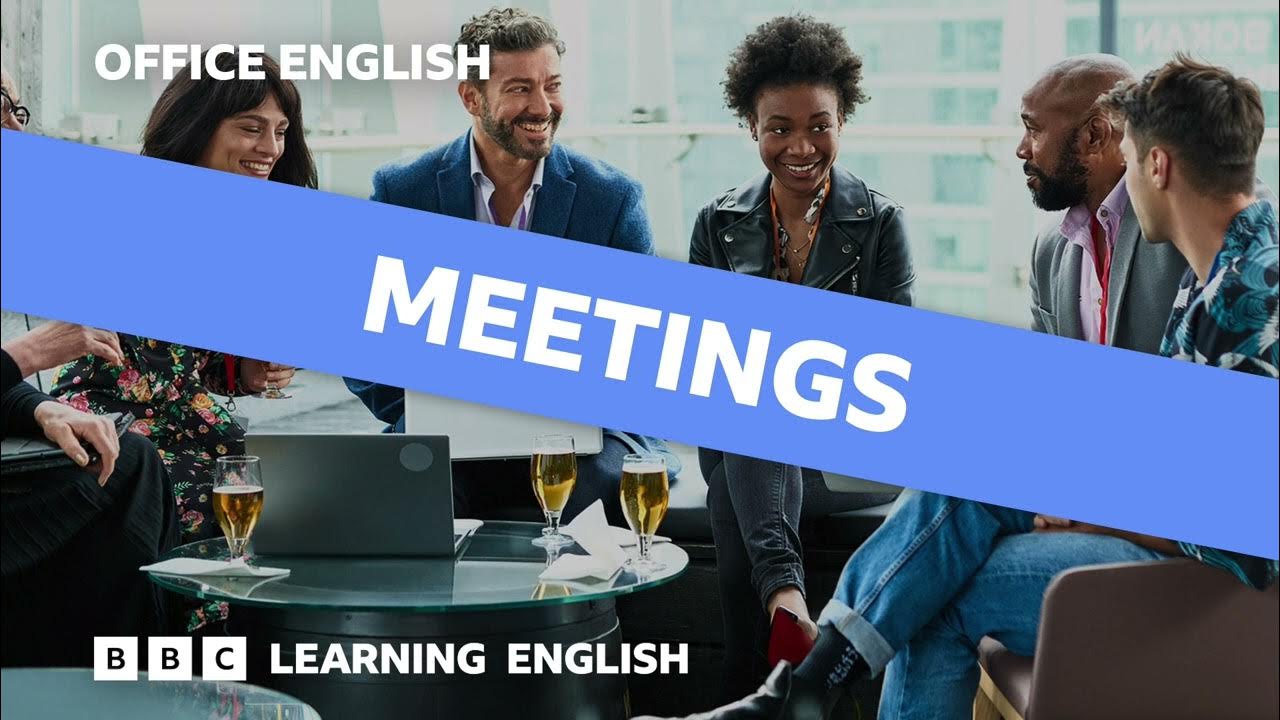Australia plans kids’ social media ban: BBC Learning English from the News
Summary
TLDRIn this BBC Learning English podcast, hosts Phil and Georgie discuss Australian Prime Minister Anthony Albanese's proposal to ban children under 14 from social media. They explore the debate surrounding the enforceability and potential drawbacks of such a ban, including concerns that it might hinder access to mental health support and important information. The episode also examines the expressions 'enough is enough' and 'dummy spit,' providing context and examples of their usage in relation to the news story.
Takeaways
- 🇦🇺 The Australian Prime Minister, Anthony Albanese, has announced plans to ban young people from social media sites, specifically targeting children under 14.
- 🚫 Critics have raised concerns about the enforceability of such a ban and its potential to restrict access to important information for young people.
- 🌐 The proposed ban is controversial, with some experts in youth mental health arguing it could cut off children from mental health support and limit their ability to express concerns.
- 🏥 The South Coast Register headline highlights that a social media ban might pose a barrier to mental health support for young people.
- 🚧 The use of the verb 'pose' in the context of the ban suggests that it could cause or create a barrier, which is a formal way of expressing causation.
- 🚫 Another criticism mentioned is that the ban might lead children to more risky websites, implying that simply banning social media is not a comprehensive solution.
- 🗞️ The Guardian's headline criticizes the government's approach, suggesting that creating an internet specifically for children is a better solution than a ban.
- 👶 The expression 'dummy spit' is explained as a noun phrase derived from an idiom indicating an angry, possibly childish reaction to a situation.
- 📈 The script uses real news headlines to teach English vocabulary in context, demonstrating the application of words like 'enough is enough' and 'pose a barrier'.
- 🎓 The podcast format of 'Learning English from the News' is designed to help learners understand news headlines and improve their vocabulary through current events.
Q & A
What is the main topic discussed in the BBC Learning English podcast episode?
-The main topic discussed is the Australian Prime Minister Anthony Albanese's announcement of plans to ban young people, specifically children under 14, from social media sites.
What is the proposed age limit for the social media ban in Australia as mentioned in the podcast?
-The proposed age limit for the social media ban in Australia is for children under the age of 14.
What is the expression 'enough is enough' used to convey in the context of the podcast?
-The expression 'enough is enough' is used to convey that a problem has persisted for too long or become so serious that decisive action is needed to stop it.
How might the proposed ban affect children's access to mental health support, as discussed in the podcast?
-The proposed ban might pose a barrier to mental health support by potentially cutting off children from sources of support and limiting their opportunities to voice concerns about different issues.
What does the term 'pose a barrier' mean in the context of the South Coast Register headline?
-In the context of the South Coast Register headline, 'pose a barrier' means to cause an obstacle or hindrance, in this case, to accessing mental health support.
What is the idiomatic expression 'dummy spit' and how is it used in the podcast?
-The idiomatic expression 'dummy spit' refers to an angry reaction, often suggesting that the reaction is childish. In the podcast, it is used to describe a critical view of the Australian government's planned social media ban as an ineffective solution.
What is the alternative to the social media ban suggested in the Guardian headline mentioned in the podcast?
-The alternative suggested in the Guardian headline is the need for an internet specifically designed for children, implying a more tailored and safe online environment.
What is the potential criticism of the social media ban mentioned in the podcast?
-A potential criticism of the social media ban is that it might lead children to access different, possibly riskier websites, instead of the mainstream social media sites.
How does the podcast suggest the expression 'spit out your dummy' is typically used?
-The podcast suggests that the expression 'spit out your dummy' is typically used to describe a reaction that is childish or dramatic, and it is often used critically to imply that someone is complaining unfairly or overreacting.
What other expression has a similar meaning to 'spit out your dummy' as mentioned in the podcast?
-The podcast mentions that the expression 'throw your toys out of the pram' has a similar meaning to 'spit out your dummy', both implying a childish or dramatic reaction.
Where can listeners find more information about the vocabulary and headlines discussed in the podcast?
-Listeners can find more information about the vocabulary and headlines discussed in the podcast on the BBC Learning English website: BBCLearningEnglish.com.
Outlines

このセクションは有料ユーザー限定です。 アクセスするには、アップグレードをお願いします。
今すぐアップグレードMindmap

このセクションは有料ユーザー限定です。 アクセスするには、アップグレードをお願いします。
今すぐアップグレードKeywords

このセクションは有料ユーザー限定です。 アクセスするには、アップグレードをお願いします。
今すぐアップグレードHighlights

このセクションは有料ユーザー限定です。 アクセスするには、アップグレードをお願いします。
今すぐアップグレードTranscripts

このセクションは有料ユーザー限定です。 アクセスするには、アップグレードをお願いします。
今すぐアップグレード関連動画をさらに表示
5.0 / 5 (0 votes)






